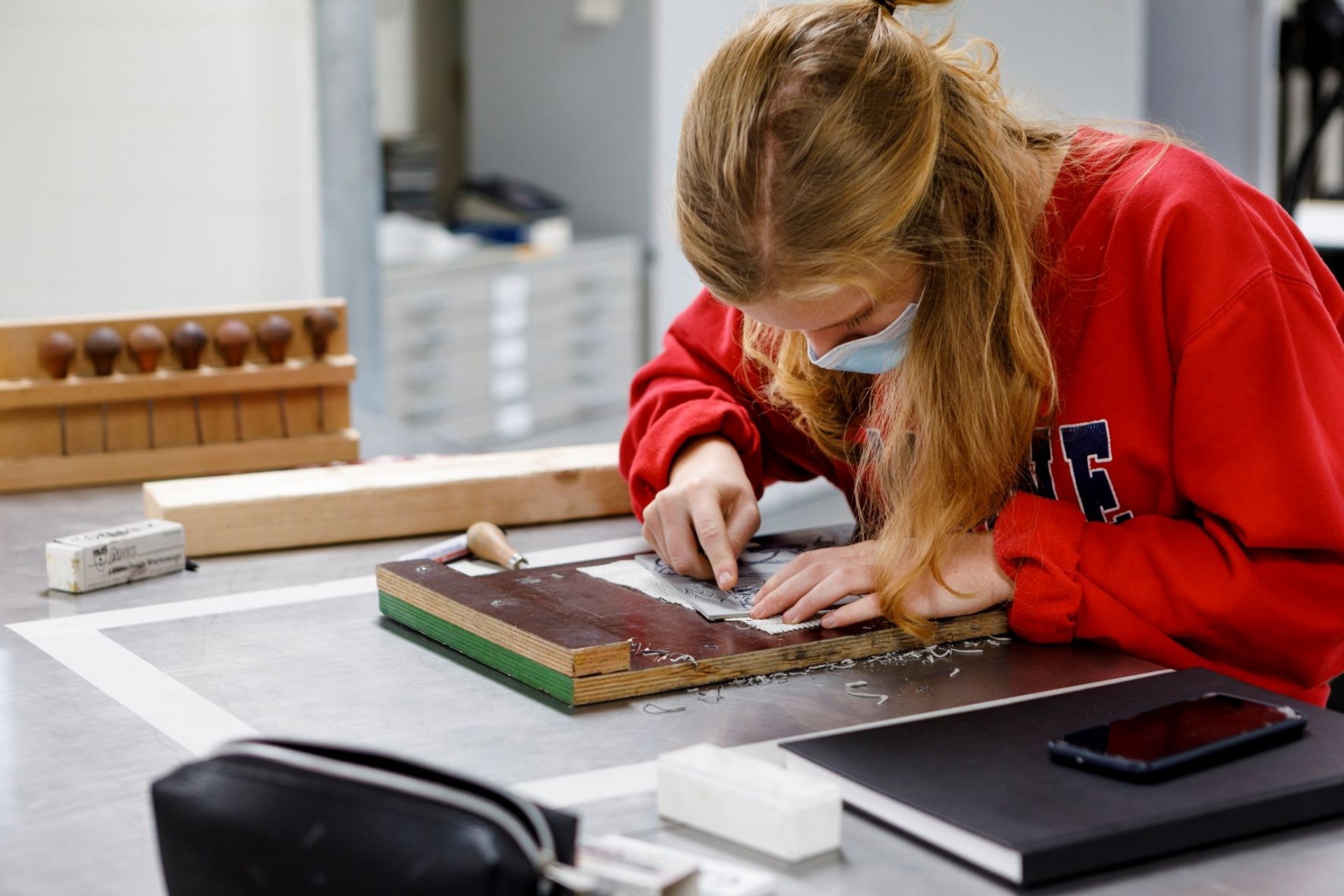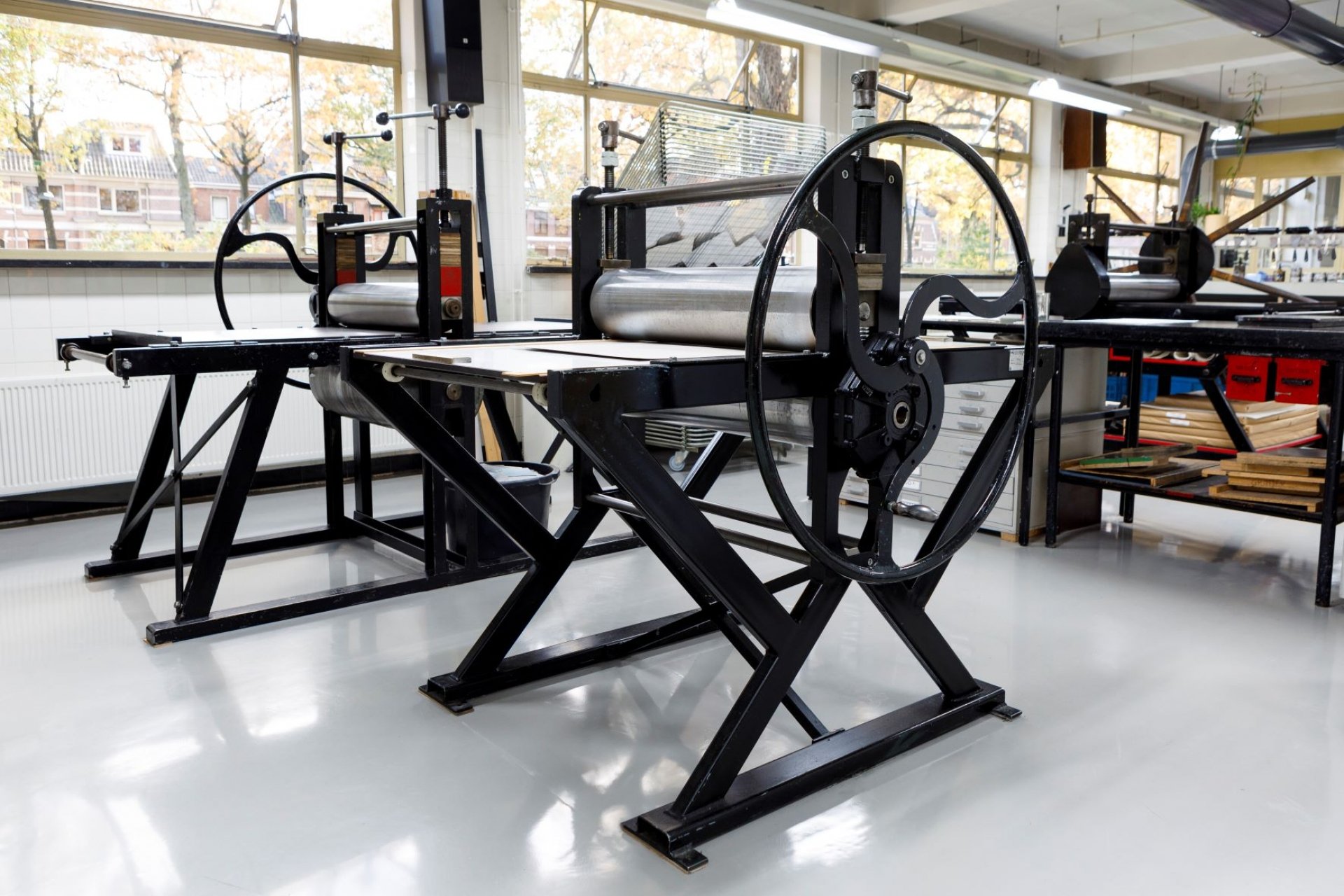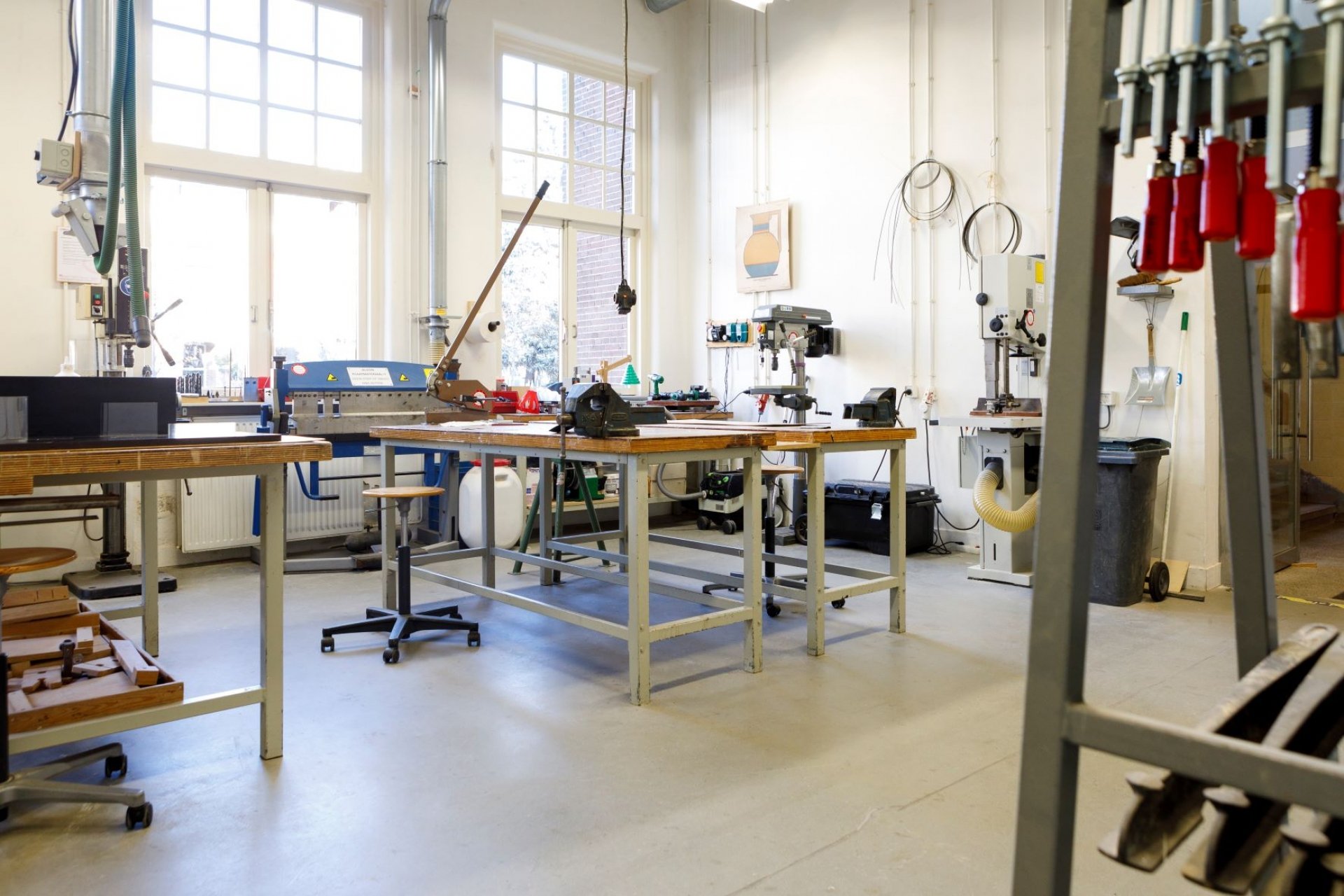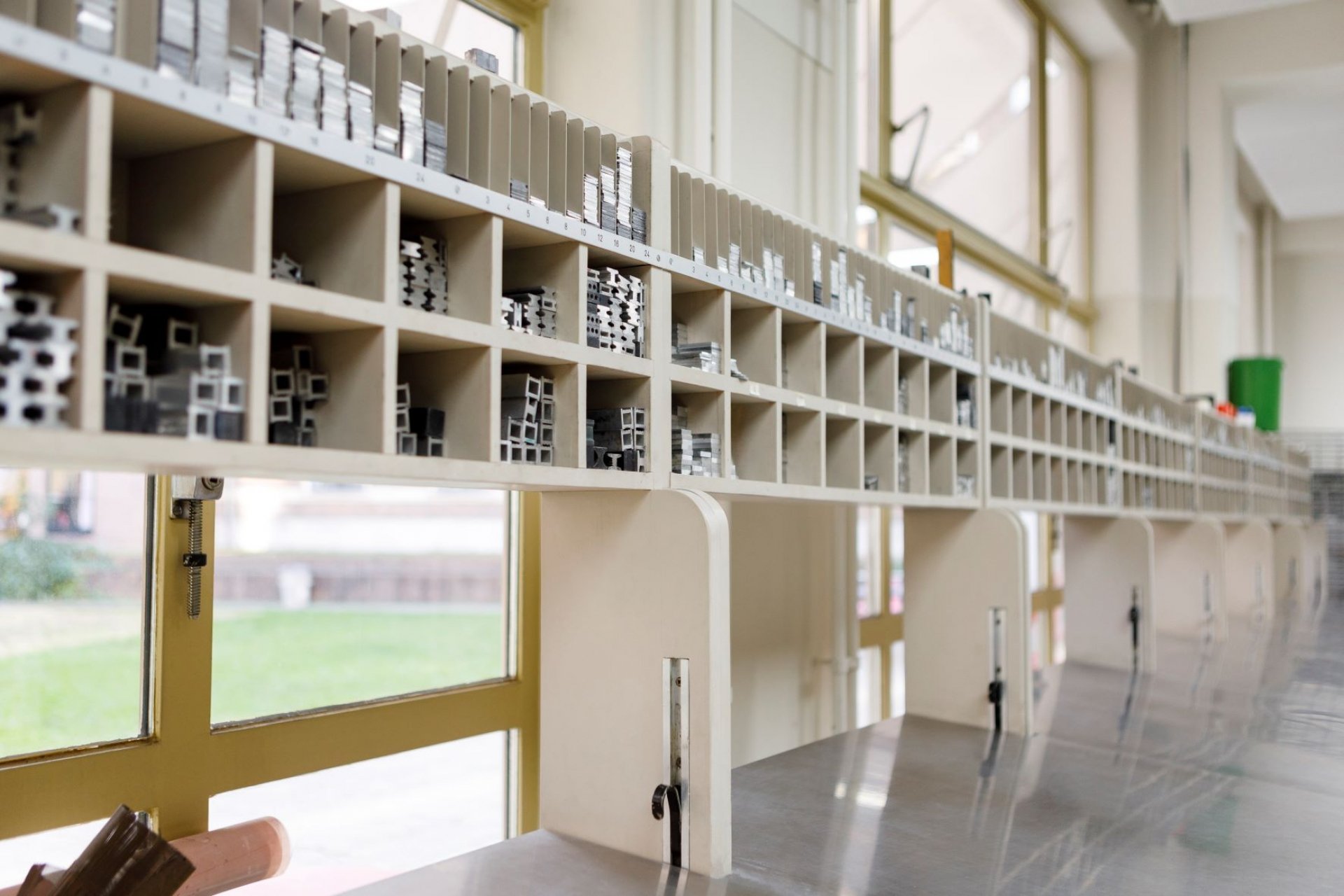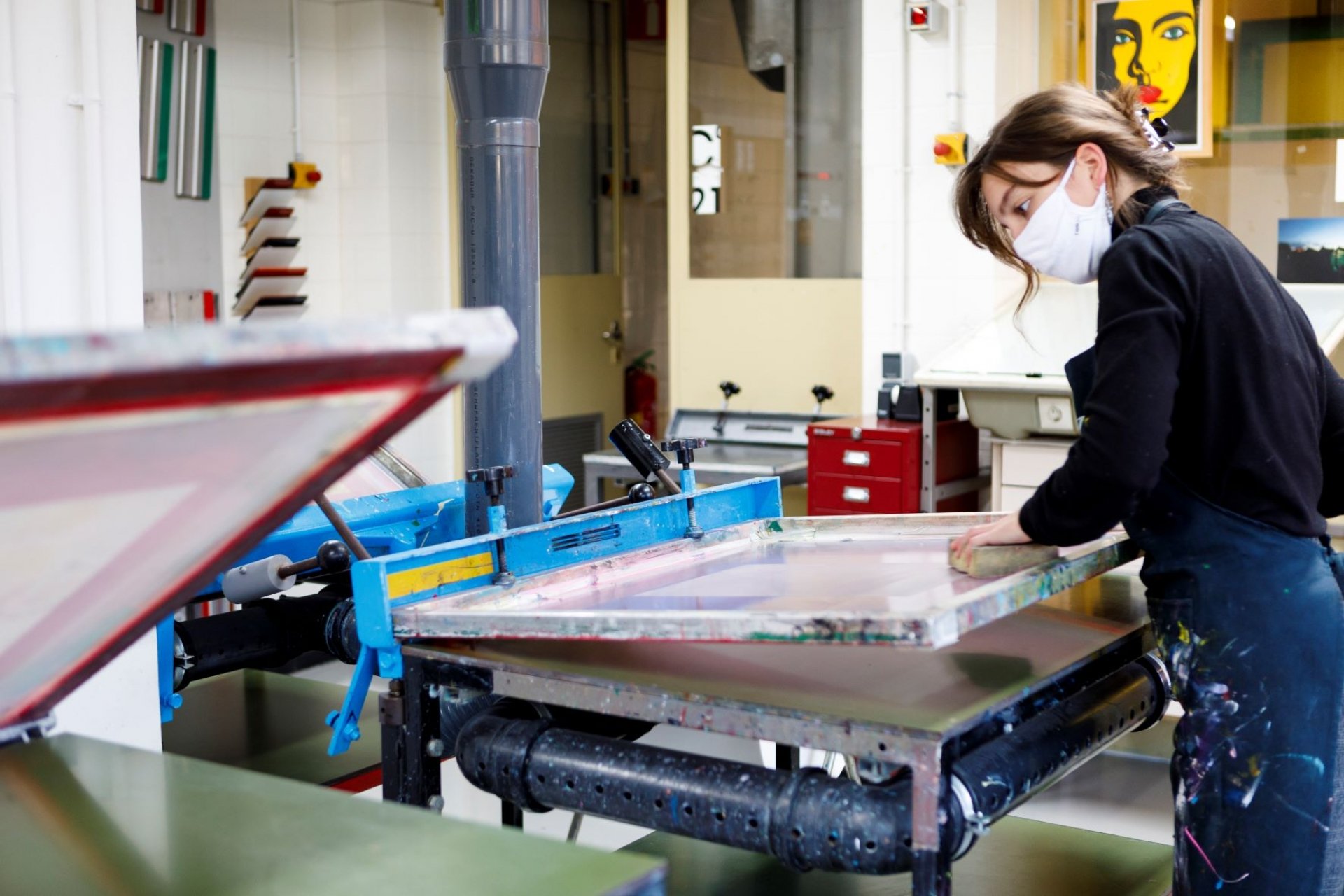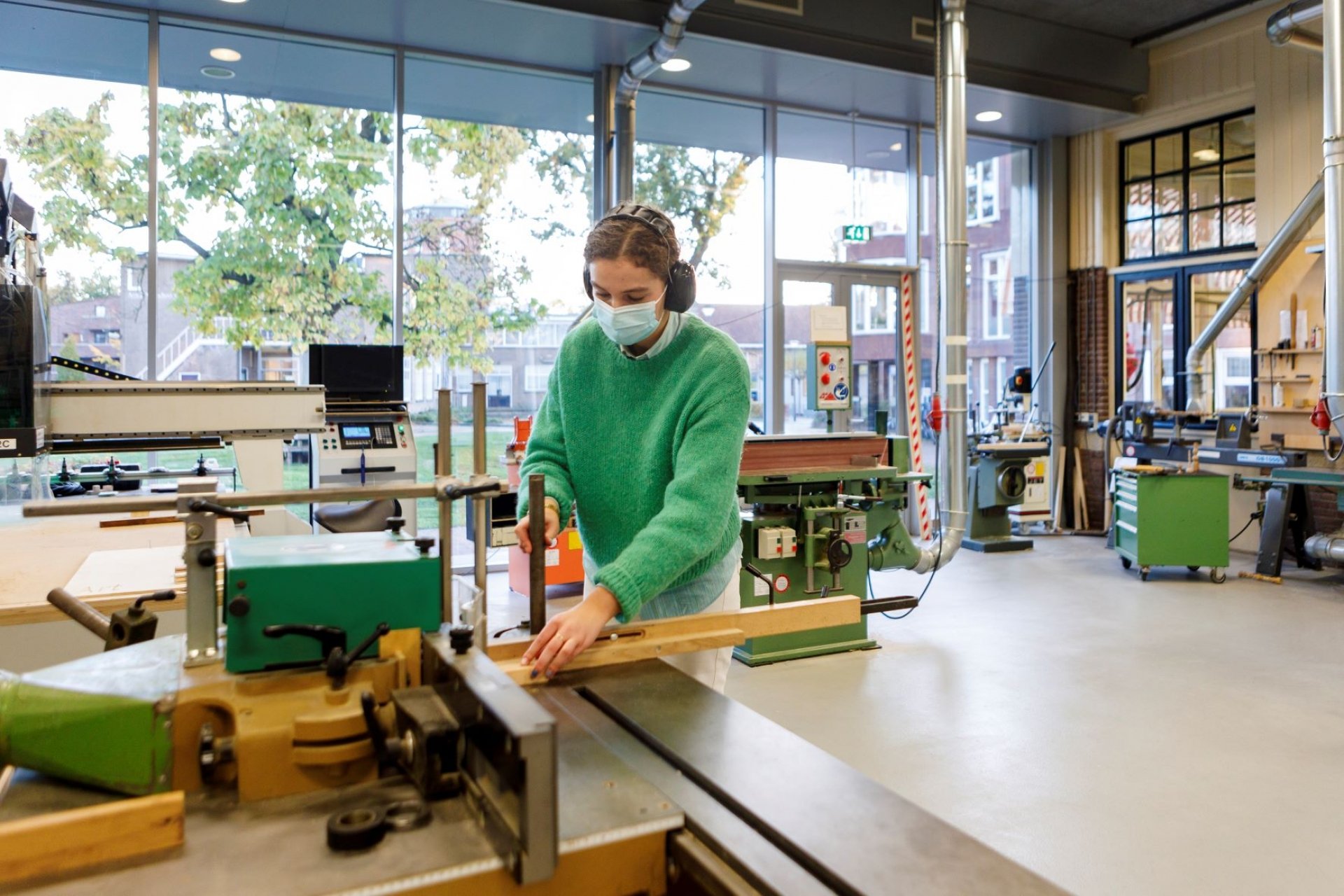Course
CourseDo you want to become an art and design teacher? On the Fine Art and Design in Education part-time course in Zwolle, you will work on the same skills and course content as on the full-time bachelor, but with two instead of five teaching days per week. This calls for a high degree of independence. The total workload averages thirty hours per week.
As a part-time student, you can apply to DUO for an allowance to cover your study costs on a teacher training course. Internship days are arranged in mutual consultation through the internship agency.

What do you learn on the part-time Fine Art and Design in Education course at ArtEZ in Zwolle?
Curiosity, critical thinking, creativity, experimenting, collaborating, getting to know and understand yourself and the world around you better. Visual art and design are important throughout society. The Fine Art and Design in Education course in Zwolle produces teachers and visual artists with an affinity for people and the community in which they live.
The course is practice-based and varied. The academy where you will take your classes may be compared to a large laboratory where you can learn and discover a lot together with your fellow students and lecturers. Each academic year is divided into two semesters. At the end of each semester, there are reviews of your work and assessments.
In various subjects and internships, you will get to know the professional field, gain subject-teaching, educational and pedagogical knowledge and explore how to work as a teacher with different target groups within and outside mainstream education.
In addition to the focus on teaching, visual arts subjects also occupy an important place in all four years of the course. This is not just about craft skills, but above all about learning how to arrive at images and what the meaning of those images is. Linked to this are art theory subjects, because thinking and making go hand in hand on this course. By visiting museums, theatre, music and dance performances and by watching films, you will gain a broad insight into culture. You will reflect on these activities in your culture portfolio.
Within all of this there is room for your own growth as a person and as a professional. What do you want and what are you capable of, and what position do you want to occupy in professional practice?
Timetable
The teaching days and times are:
- Monday 13.00 – 21.30
- Thursday 13.00 – 21.30
Exceptionally, during assessment weeks, you may be expected to attend the course on another day. Internship days are arranged in mutual consultation.
Course structure
Facilities
The Fine Art and Design in Education part-time course is based in the elegant renovated Sophia building in Zwolle. The course has its own teaching and studio space. During opening hours, you can make free use of the facilities as a student. You can also use the course’s flex studios on Saturdays.
During the course, you can make use of various workshops:
- Digital workshop for photography, video, animation, montage and general computer instruction. There are also professional printing machines in this workshop and paper is for sale;
- Graphics workshop, mainly focused on analogue printing techniques such as screen printing, typesetting, etching, electrolytic etching, lithography, relief printing and semi-digital riso printing. You can also take short courses in bookbinding and typesetting here;
- Spacious workshop where you can work with wood, metal, ceramics, plastics and other materials;
- Theory workshop/library. Here you can consult analogue and digital theoretical collections and make use of silent study areas.
The workshops offer various short courses during which you can become acquainted with all kinds of materials, techniques and other possibilities.

Working for yourself?
Art teachers are increasingly combining jobs in education with their own businesses. In order to prepare you for this, we offer you a short course focused on entrepreneurship.
Studying in Zwolle
You can find more information about studying in Zwolle here.

